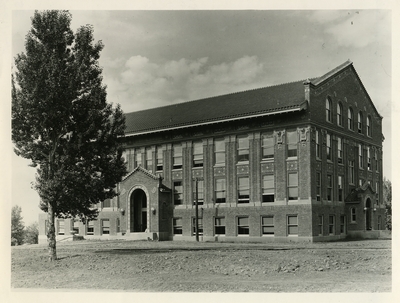About the Department of Microbiology & Cell Biology
Microbiology continues to be an exciting field, crucial to understanding everything from natural and man-made ecosystems to human health, clean water, alternative energy and climate change.
The Department of Microbiology & Cell Biology at MSU has a unique combination of expertise in pathogen biology, bioremediation, biofuels, immunology, cell and developmental biology, microbial ecology, host/pathogen interactions, biofilm biology and geomicrobiology. With this breadth, we provide a broad and thorough curriculum to both undergraduate and graduate students so that they can advance their studies/research via interactions across departments and colleges.
Our departmental prospectus strives to incorporate ASM guidelines for a broad curriculum that includes evolution, cell structure/function, metabolic pathways, genetic information flow and different microbial systems. It is also crucial that students become competent in general microbiological techniques in addition to critical scientific thinking.
For undergraduates, the department has five main tracks within the Microbiology major: Microbiology, Environmental Microbiology, Pre-Med, Biotechnology and Medical Lab Science. A Microbiology minor is also available to enrich other majors. Additionally, the department provides advising for all Pre-veterinary students at MSU and offers a Certificate in Pre-veterinary Medicine.
The department is housed in the newly renovated Cooley Labs as well as Leon Johnson Hall and the Health Biosciences building. The department houses the Center for Zoonotic and Emerging Infectious Diseases and contributes significantly to the Center for Biofilm Engineering and the Thermal Biology Institute at MSU. The CBE and TBI offer unique research opportunities in environmental, medical and industrial microbiology that allow students to conduct world-class research on real-world questions. MSU is also a world leader in understanding the unique microbial ecosystems of Yellowstone National Park.
The department houses the Montana Medical Laboratory Science Professional Program, with faculty in the WWAMI Medical Education Program and the WIMU Regional Program in Veterinary Medicine. MSU has both small and large ABSL-2 facilities and ABSL-3 laboratory space, and approximately 7% of MSU research expenditures are housed within our department.
Our faculty are funded by the NIH, USDA, DoD, NSF, DoE and Montana Agricultural Experimentation Station (MAES) and more.

